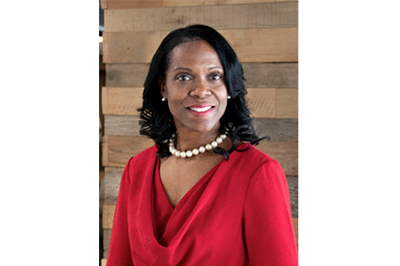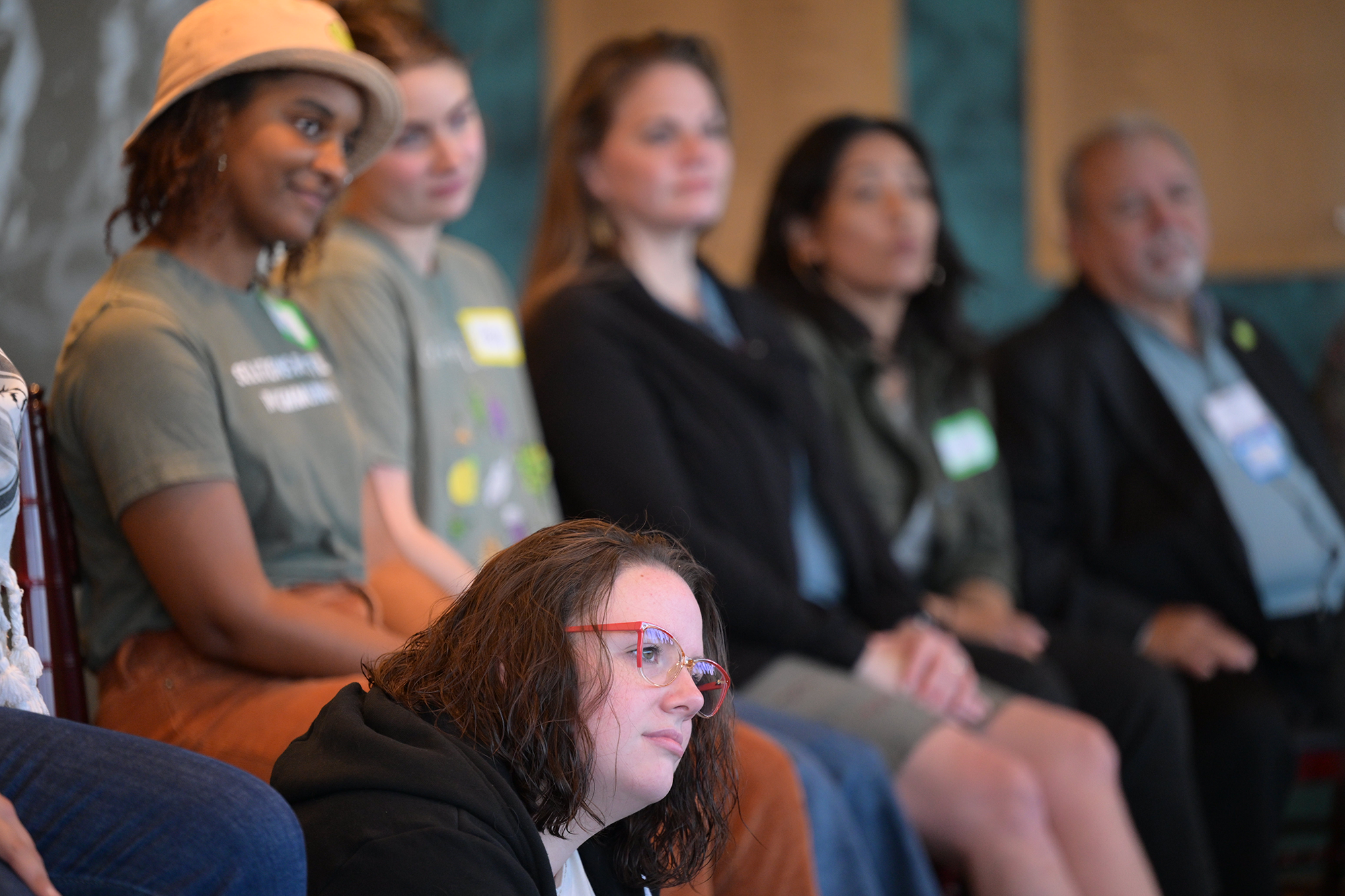
Black History Month highlights the innumerable events of sacrifice, courage and contribution of Black people both globally and nationally. Reflections from the past inspire, lift our spirits and set our sights higher, toward a better life for all of us. In the wake of current events, we have been reminded of the lingering systems that maintain racial inequality and still threaten the health and safety of Black lives.
Now is a time to emphasize an often-denied truth: that all of us are human beings, that we act similarly due to our common humanity, and that we all deserve a fair chance to fully develop and utilize our talents. Though progress continues in social, racial and economic justice, we still have much to do before we can achieve true equality across the lines of race, gender and economics, including within our own organizations.
At NCBA CLUSA, our focus is to align our organizational values with the vision and mission we espouse by promoting activities that drive diversity awareness and meaningful inclusion. We believe that our way forward is by caring for our staff, members, partners and the communities we work with in development.
We still have much to do before we can achieve true equality across the lines of race, gender and economics, including within our own organizations.
Since January 2019, we have devoted significant time and resources to improving diversity, equity and inclusion (DEI) within our organization. After receiving staff input, we commissioned the HR Source to analyze organizational gender dynamics, as well as to provide insights into the work environment as experienced by all employees. The results showed that we have refinements we must make to reinforce the cooperative principles and that we must break certain barriers to maximize the full potential of the association. Guided by the results, we set three strategic priorities. First, we need to improve our organizational culture. Second, we have to generate career path opportunities within our organization for staff. Finally, we will strengthen our hiring and recruitment practices to better reflect the diversity of our membership and the communities we all serve.
To build on NCBA CLUSA’s commitments, leadership and staff have taken actions to realize our commitments toward improving DEI. In early 2019, staff and leadership kickstarted our Women’s Employee Mentorship Group, which meets bi-monthly to facilitate both group and one-on-one mentorship sessions. We do this to build better career paths for women both within our organization and within our network of close collaborators. Further staff-led progress came after HR Source’s gender analysis with the formation of NCBA CLUSA’s DEI Committee in December 2019. This committee generates ideas, plans events and serves as a continual working group within our organization for DEI issues. Staff find value in participating in the committee, seeing an opportunity for their contributions to positively impact work culture.
My passion lies in building our capacity to cultivate better conditions for employees through a commitment to transparency, our ethical values and basic fairness. Our DEI Committee and other staff members have particularly flagged these as key areas for change. I think of two words beginning in “P” when I contemplate the challenges here. There are those in whom we see “potential.” People with “potential” are assumed to be competent, ready to advance to ever greater heights and face fewer tests or hurdles in the pursuit of their desires. Then there are those who must “prove” their worth. Despite similar talents, similar credentials or even parallel careers, these individuals face additional challenges and informal screens that slow or limit them from achieving their goals. Their talents often go undeveloped and underutilized, through no fault of their own.
In our sphere, where women and many people of color are trying to build career paths and remain in our cooperatives and associations, we are challenged to retain their talent when often such talented people think there is no real path forward if they stay. Internal candidates’ perceptions are that they must “prove” themselves by clearing a higher bar than external candidates with supposedly flawless qualities in order to grow. One worrying consequence of this bias is that we may continue to see “potential” primarily in external candidates, rather than in many of the hardworking, meritorious staff we could elevate. We worry that this will reinforce systemic biases so present in society. It is our priority to transform our policies to retain our highly valuable talent and mitigate biases.
As we contemplate what our principles and their applications mean in 2021, we must keep in mind that biases in our systems require our collective efforts to find a solution.
The worldwide cooperative movement is currently focused on discussions around cooperative identity, culminating in this year’s International Cooperative Alliance Congress in Seoul. As we contemplate what our principles and their applications mean in 2021, we must keep in mind that biases in our systems require our collective efforts to find a solution. Just as we at NCBA CLUSA have incorporated staff into our discussions of policies that affect them, so too should we ensure that the members, employees and communities we serve have a voice in all our discussions.
Black History Month in the U.S. is a moment of reflection on the struggles of one group of people to attain basic rights and proudly manifest their inherent dignity in the face of hostile, destructive opposition. The talents and profound contributions that Black Americans have brought the world were long suppressed due to hostility and at times unconscious systems that perpetuated their exclusion. Who knows how much farther we might all have come if this potential had been unleashed sooner?
The country is rapidly evolving, and social justice concerns are increasingly not just an ethical choice. They are now a business imperative in our diversifying nation. Ethics must remain at the forefront of all we do, but increasingly the ethical choice will also be the pragmatic choice. I think those who do not ensure that their hiring and recruitment practices tap flourishing talent from underrepresented sources will simply be bypassed in the marketplace. Where justice and economics align, behavior change is imperative for our betterment. We must lead by example and demonstrate that we have learned the right lessons from our past and are ready to create a better future.


